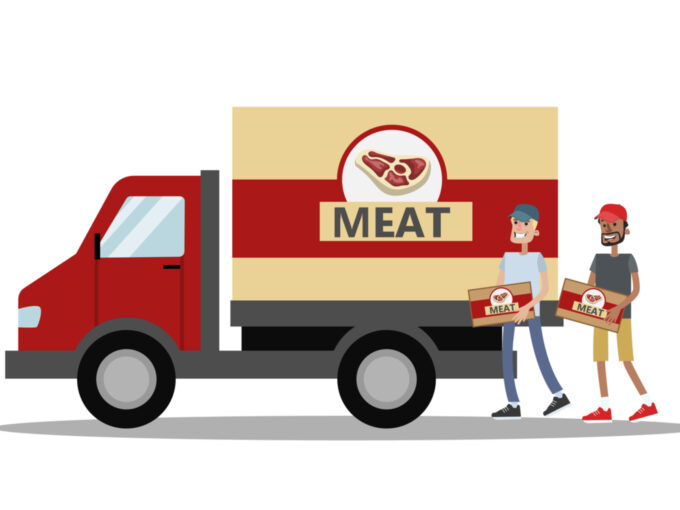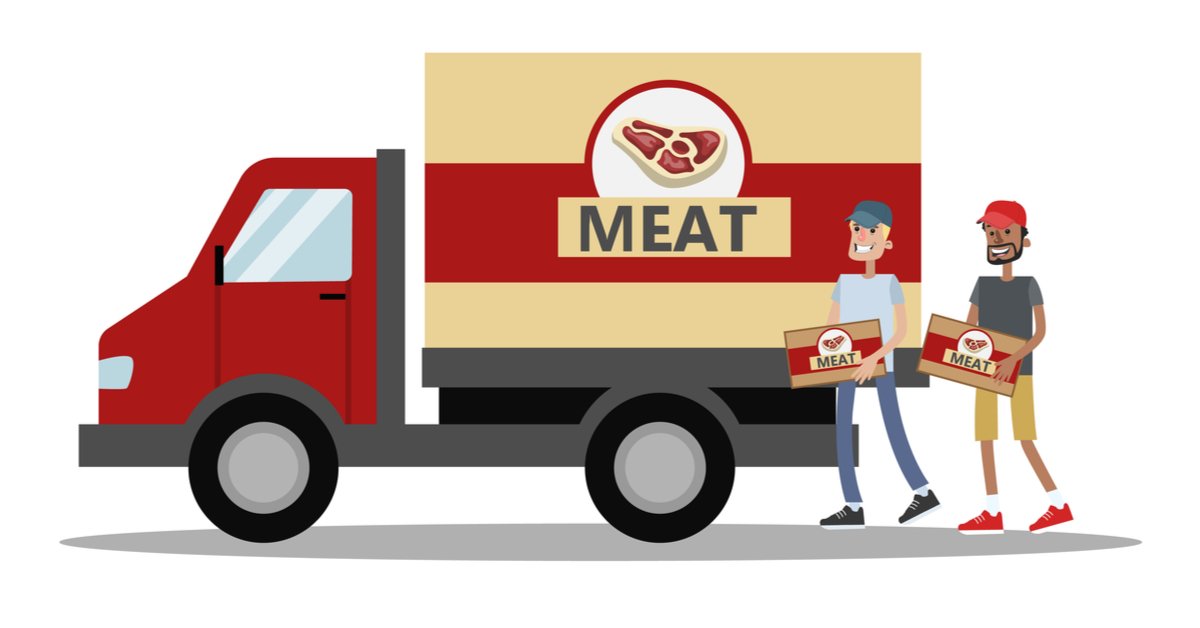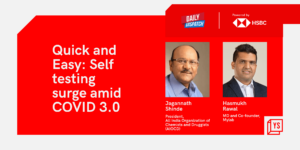The startup has raised a total of $360 Mn from multiple investors including the current round and previous unicorn-making round of $52 Mn in October 2021
While its valuation is undisclosed, it is likely to have crossed $2 Bn, since the highest valued D2C startups in India, are Lenskart ($2.5 Bn), FirstCry ($1.9 Bn) and MyGlamm parent ($1.2 Bn)
Licious has an INR 1,000 Cr annual revenue rate, with a year-on-year growth of 500%

Bengaluru-based India’s first D2C foodtech unicorn Licious has raised $150 Mn led by Singapore-based Amansa Capital, alongside Kotak PE and Axis Growth Avenues AIF – I. The Series F2 round also saw the participation of existing investors such as Zerodha’s Nithin & Nikhil Kamath, boAt’s Aman Gupta and Haresh Chawla, Partner, True North.
The current round follows the gourmet meat delivery platform’s unicorn-making round of $52 Mn in October 2021. Previously, it had raised $192 Mn in its Series F round led by Temasek, Brunei Investment Agency and existing investors 3one4 Capital, Bertelsmann India Investments, Vertex Growth Fund, and Vertex Ventures.
With this, Licious has raised a total of $360 Mn from multiple investors including the current round.
Adding this round, the startup has claimed to be the highest valued D2C brand in India. While its valuation is undisclosed, it is likely to have crossed $2 Bn; as the highest valued D2C unicorns in India include Peeyush Bhansal’s Lenskart valued at $2.5 Bn and FirstCry valued at $1.9 Bn and The Good Glamm Group at a valuation of $1.2 Bn, among others.
The Secret Sauce Behind Licious’ Journey To A 1,000 Cr ARR Meat Brand: A Masterclass
Founded in 2015 by Abhay Hanjura and Vivek Gupta, Licious functions on the farm-to-fork business model. The startup owns the entire back-end supply chain, including stringent cold chain control, procurement, processing and storage, so that the products’ quality and freshness is maintained right from the initial stages to the time it reaches the customers.
In the fresh meat category, Licious specialises in chicken breast, chicken drumsticks, goat keema and lamb chops, among others. Besides this, Licious also offers a range of fish and seafood products, which include basa fillet, mackerel, sardines and prawns, etc.
Licious also deals in exotic meat varieties like turkey, blue crab, quail and Atlantic salmon. The startup also expanded its catalogue to include value-added products to its fresh meat and seafood portfolio with spreads, marinades and pickles.
The D2C meat category, a $40 Bn sector globally, is still widely untapped in India. So, the potential and the market opportunity are driving the uptick in India, and Licious has bagged a large portion of that, Gupta told Inc42 when he addressed The D2C Summit.
During the Summit, Gupta also outlined that Licious has a whopping INR 1,000 Cr annual revenue rate, a year-on-year growth of 500%, a team of 5K, and operations in 14 cities in India with over 2 Mn customers.
Recently, Licious also opened its maiden Employee Stock Ownership Plan (ESOP) monetisation option worth INR 30 Cr for 600 of its employees. Interestingly, the stock option also expands to its production and delivery i.e. blue-collar workforce – a rarity among Indian companies, yet.
While Licious has a large market base in the meat segment, major companies in the delivery of meat and meat products include — BigBasket, Reliance JioMart, and Amazon. Licious is also witnessing growing competition from other Indian startups such as FreshToHome, Zappfresh and TenderCuts, alongside offline as well as omnichannel players such as Venky’s, Nandu’s and Suguna Foods.










